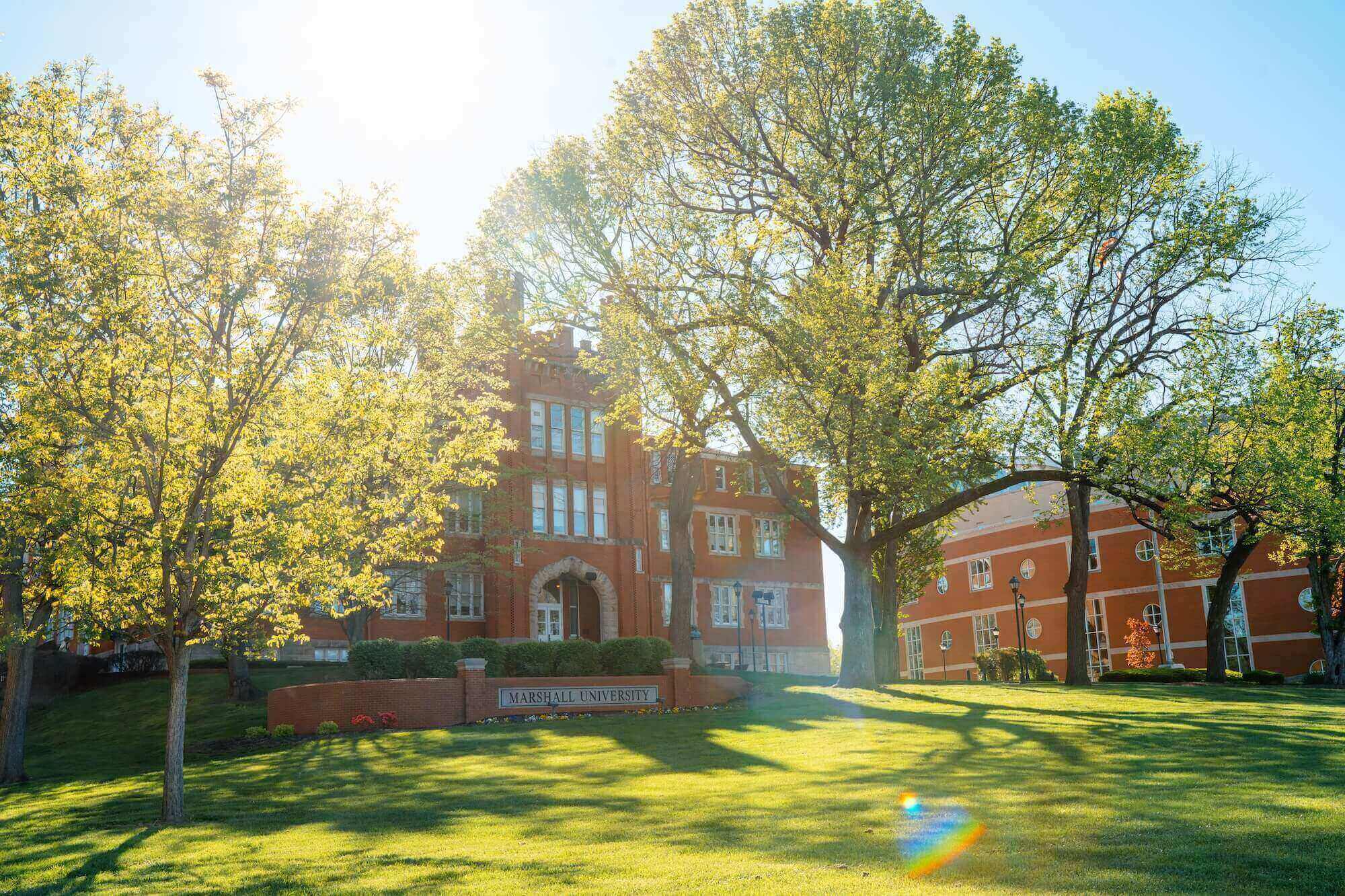Common Search Terms:

Marshall University News
What's happening at Marshall University
Recent Moments
 Earning Her Ears: A Year in Walt Disney World
Jan 28, 2026
Earning Her Ears: A Year in Walt Disney World
Jan 28, 2026
 A Long Way from Home, Right Where She Belongs
Jan 21, 2026
A Long Way from Home, Right Where She Belongs
Jan 21, 2026
 Making Waves
Jan 14, 2026
Making Waves
Jan 14, 2026
 Dual Enrollment to Degree
Jan 6, 2026
Dual Enrollment to Degree
Jan 6, 2026
 Shaping her path through storytelling
Dec 28, 2025
Shaping her path through storytelling
Dec 28, 2025
 Building a Future
Dec 21, 2025
Building a Future
Dec 21, 2025
 Finding strength in vulnerability
Dec 15, 2025
Finding strength in vulnerability
Dec 15, 2025
Upcoming Events
Body Shots 18: Deepfake
January 27
Bariatric Support Group
February 02
Faculty & Staff,
General Public
The Balancing Act: Thriving as an Online Marshall Student
February 02
Rising Stars Fife and Drum Band
February 02
Marshall Day at the Capitol
February 03
Career Next Steps: With a Certified Career Development Coach
February 03
Internal Medicine Nurse Practitioner Virtual Open House
February 03
Students,
Faculty & Staff,
Alumni,
General Public,
Prospective Students
Designing for All: Design Accessible PowerPoints
January 28
Faculty & Staff
Ally Accessibility Workshop
February 04
Faculty & Staff
Marshall University Board of Governors
February 04
Recent News Releases
Haas Foundation donates $1 million to MAMC
January 30, 2026
Marshall to present piano-trombone faculty recital
January 23, 2026
Featured Videos



Featured Photo Galleries
Share Your Story
Share your favorite Marshall Moment with us—whether it’s a meaningful memory, a proud achievement, or a special connection you’ve made at Marshall University. Your stories help capture the heart of the Herd and may be featured in future university projects, publications and campaigns. Submit your moment today and help us celebrate what makes Marshall so special!
More News
College of Arts and Media
Marshall to present piano-trombone faculty recital
January 23, 2026
School of Music to present Albert Tiu in piano solo recital
January 12, 2026
School of Music to present flute-piano-voice recital
January 6, 2026
Marshall to present 15th annual juried art exhibition
January 5, 2026
College of Business
Three Marshall students named University Innovation Fellows
November 7, 2025
Marshall welcomes Harvard Business School students
October 15, 2024
College of Education and Professional Development
Marshall professor selected for the Fulbright Specialist Roster
October 14, 2025
College of Engineering and Computer Sciences
College of Health Professions
College of Liberal Arts
College of Science



